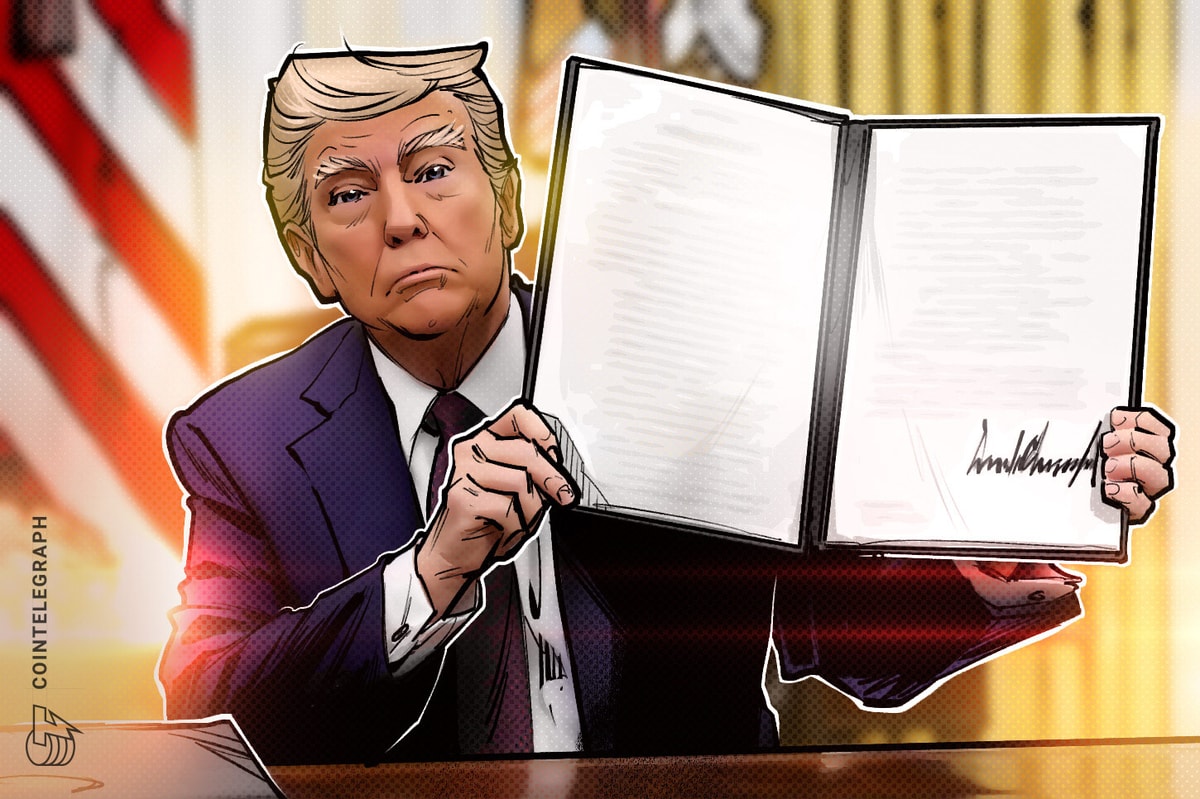Bitcoin, the world’s first decentralized digital currency, is attracting attention across the globe. When acknowledging that it is also the first borderless, apolitical form of money in history, it’s hard to avoid the topic of whether it can be used legally.
It’s worth noting that no matter who says you can’t use bitcoin, its decentralized nature ensures that nobody can actually stop you from using it. As a broad answer, bitcoin can be used anywhere with equal access to the network, as long as you have access to the internet and in some areas, just electricity, thanks to new satellite systems.
Still, this has not stopped countries from trying to restrict the use of bitcoin within their borders. Some countries have made bitcoin entirely illegal, like India, Bolivia and Ecuador. Some of these same countries have also issued their own digital currencies as well. Other countries, like China, have shifted their view on bitcoin, banning and unbanning the currency in various ways over the last few years. As of October 2018, China has restricted digital currencies to private use only, prohibiting all financial institutions from handling any digital currency transactions at all.
The problem with banning something like bitcoin (which cannot be easily censored) from a geographic region is that trying to enforce such a ban is very difficult to do. The most restrictions can do is try to dissuade people from using it by threatening them with some sort of consequences, but they cannot actually prevent people from using it, due to bitcoin’s decentral
But, by and large, it is legal to send, receive, mine and generally use bitcoin in most countries around the world.ized protocol.
Is Bitcoin Legal Tender?
Legal tender is defined as money that must be accepted as payment for a debt in the jurisdiction where the payment is being made. Because bitcoin is not recognized as legal tender by any government, it can only be used as payment if both parties in a transaction agree to its use as a form of payment.
New technologies are often misrepresented and misunderstood, as the internet itself was in the early days. Some first world countries, like the United States, Canada, and most of Europe, have taken a “wait and see” approach to bitcoin by not outright banning it, but they are slow to regulate it as a legitimate financial technology.
The gray line in these legal classifications is what bitcoin is considered. Regulatory bodies all over the world have each given bitcoin its own legal classification based on what they believe it is. The problem arises when each regulatory body has their own viewpoint on what classification the digital currency falls under.
In the United States, for example, the Treasury classifies bitcoin as a “virtual currency.” The Commodity Futures Trading Commission (CFTC) classifies bitcoin as a commodity, and the Internal Revenue Service classifies bitcoin as property.
All of these organizations have their reasons for classifying the digital currency the way they do, but the fact that it is classified differently so many times goes to show one thing: nobody is ready to agree on a definition of exactly what bitcoin is.











